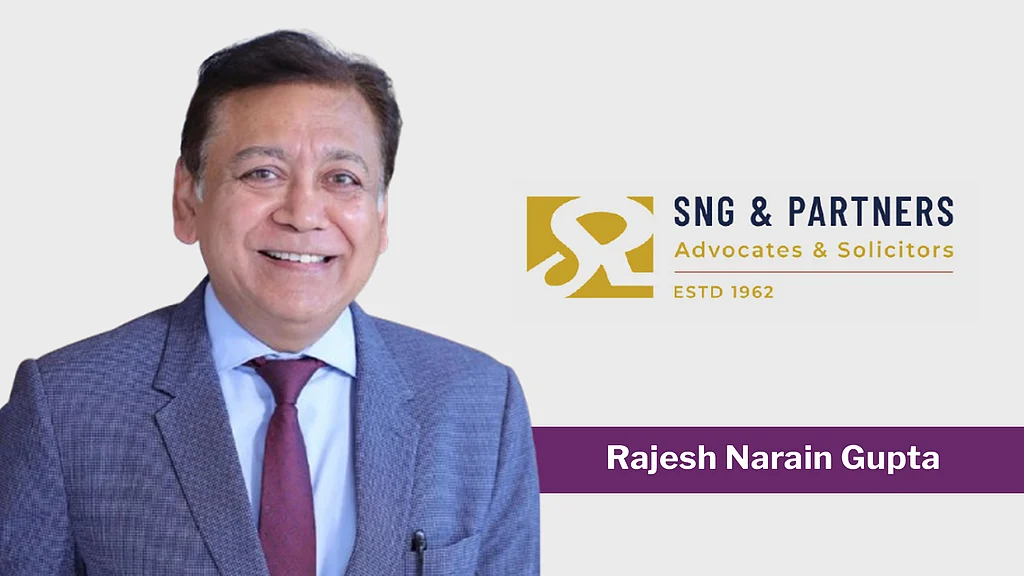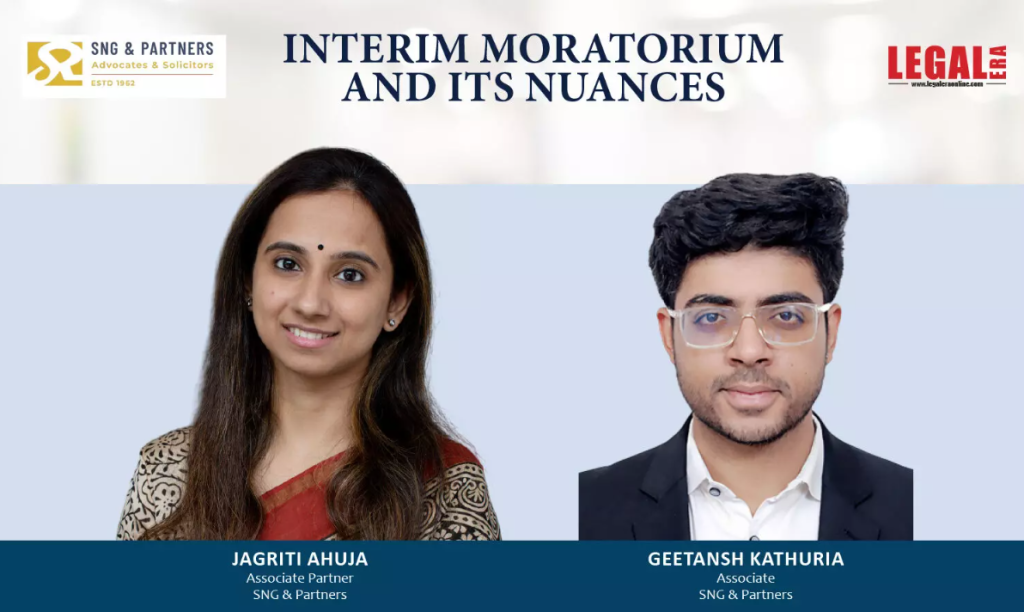The personal and corporate insolvency regimes under India’s Insolvency and Bankruptcy Code, 2015, are largely underpinned by UK statutes and common law. Singapore also follows the UK position and thus it may be useful to learn from the Singapore experience and compare positions between India and Singapore.
Making an application: India’s code permits any financial or operational creditor to make an application for insolvency on default of debt or interest payment. If the application is accepted, the adjudicating authority appoints an insolvency professional (IP) which has to be approved by the lenders. The IP’s mandate is to run the company as a going concern for the moratorium period of 180 days.
Singapore’s insolvency process has three options: (i) scheme of arrangement; (ii) appointment of judicial manager; and (iii) winding up of the company. A secured creditor has an option of appointing a receiver and manager for the secured property.
Role of resolutions professionals: After appointment of the IP in India, the IP identifies the financial creditors and constitutes a creditors’ committee to consider a proposal for the revival of the debtor. Every decision of the committee requires a 75% vote. Without this, the company proceeds to liquidation.
In Singapore, when an application to place the company under judicial management is made, an interim moratorium automatically comes into effect, with the aim of preserving the assets until the application is finally disposed of. The court may appoint an interim judicial manager, who may, if the court sees fit, be the person nominated in the application for a judicial management order.
Moratorium: India’s code stipulates a moratorium of 180 days, extendable by 90 days, during which no suits, proceedings, recovery or enforcement action may take place against the corporate debtor. If the creditors committee does not approve a resolution plan within this period, the debtor may be put into liquidation.
In Singapore, the moratorium period is decided by the court and may be lifted with consent of the judicial manager or leave of the court. During the moratorium period, no steps can be taken to enforce security over the company’s property and no other proceedings can be commenced.
Enforcement of security: In India, secured lenders can choose to opt in or opt out of the insolvency proceedings. If they opt out, they may proceed to liquidate their security separately. If they opt in, their dues will be paid in priority to other lenders and only subject to payment of workmen dues of one year. It is, however, unclear whether this is linked to the amount realized by sale of secured assets. This ambiguity may lead to lenders securing their unsecured debts by taking inadequate security or a token security and classifying themselves as secured lenders.
In Singapore, a lender that holds a floating charge over the entire undertaking of the company will usually have the power to appoint a receiver and manager rather than just a mere receiver, because of the all-encompassing nature of the security. In relation to mortgages, the mortgagee is entitled to continue with its foreclosure action against the mortgagor even though the mortgagor is in liquidation.
Singapore has evolved jurisprudence on the pari passu rule and anti-deprivation rule, and one cannot contract out of insolvency proceedings. The use of quasi-security devices, such as the Romalpa clause and the Quistclose trust, the advent of proprietary remedies such as the constructive trust and subrogation deprive the pari passu rule of its intended effect to a considerable extent and therefore are discouraged in Singapore.
India’s code may also fall short of expectations, partly for the following reasons:
• A creditor-in-possession regime has no precedent in India and the entire infrastructure has to be put in place before IPs can develop expertise in managing the insolvencies of large companies.
• If the insolvency processes cannot be completed within 180 days, the borrower’s assets may be sold to repay creditors. The restructuring of viable companies may also be jeopardized in cases of disputes among the lenders or where no decision can be arrived at.
• India lacks judicial precedents on pre-insolvency arrangements that offend the pari passu or anti-deprivation principles. It will take time before such precedents are developed in India.
The code seems to be a step towards making it easier to do business in India and helping creditors to resolve insolvencies and better deal with bloating non-performing assets. For any economy, it is important that capital does not remain stagnant. However, it remains to be seen whether the code will help find new owners for the assets when businesses fail.
SNG & Partners has offices in Delhi, Mumbai, Singapore and Doha. Amit Aggarwal is a partner and Rahul Sud is an associate partner.




